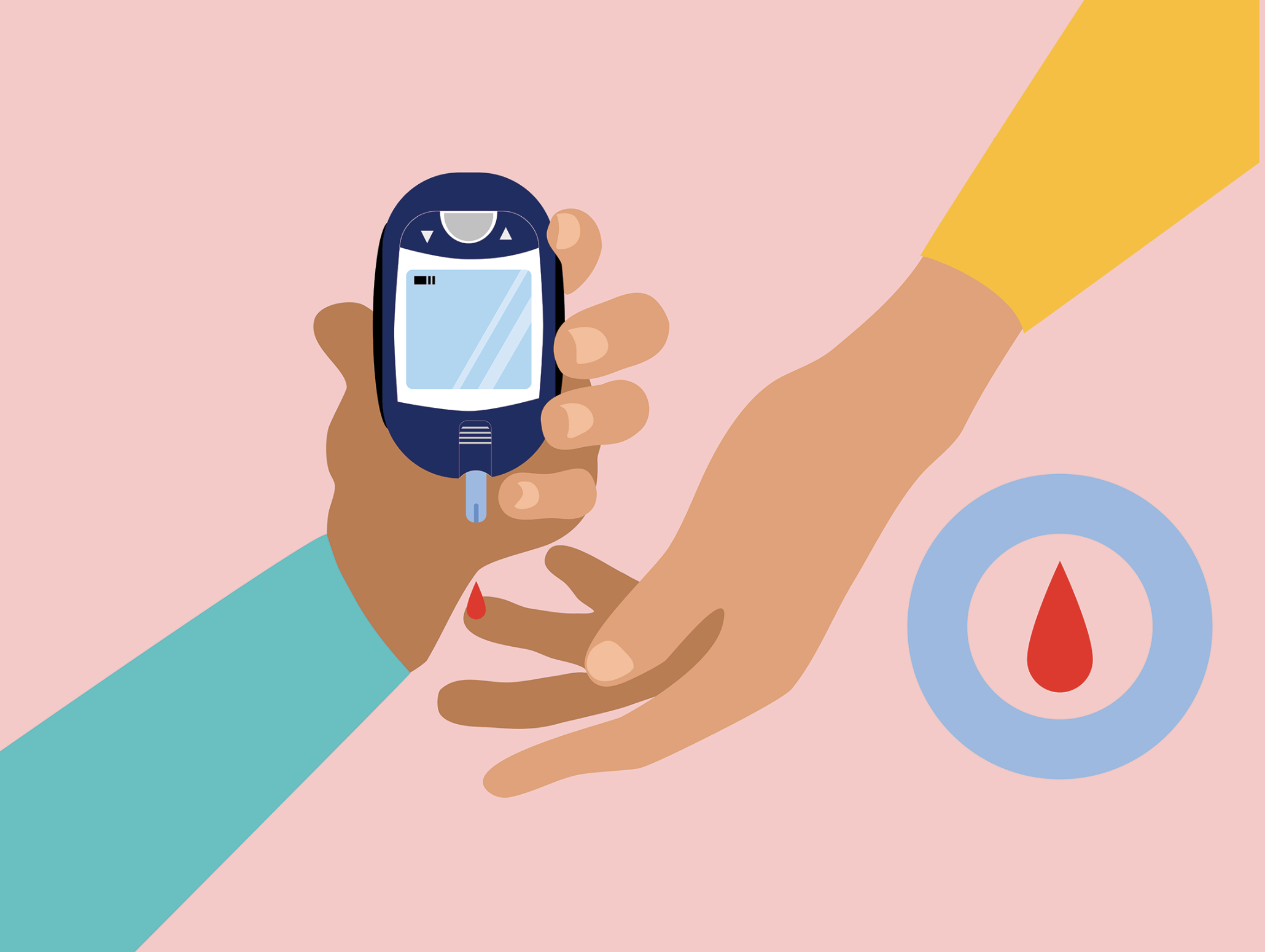
This page examines health care data for women over age 50 with Diabetes who were admitted to the hospital between June 2023 and April 2024. Summary statistics are calculated to provide additional context. See table, statistics, and conclusions below.
| Age | Date of Admission | Discharge Date | Admission Type | Medication | Test Results |
|---|---|---|---|---|---|
| 65 | 2023-07-28 | 2023-08-05 | Emergency | Ibuprofen | Normal |
| 52 | 2023-07-30 | 2023-08-23 | Urgent | Penicillin | Normal |
| 80 | 2023-08-08 | 2023-08-28 | Elective | Aspirin | Abnormal |
| 55 | 2023-08-10 | 2023-08-30 | Emergency | Aspirin | Normal |
| 77 | 2023-09-20 | 2023-10-08 | Urgent | Paracetamol | Inconclusive |
| 75 | 2023-09-27 | 2023-10-15 | Emergency | Penicillin | Inconclusive |
| 59 | 2023-10-10 | 2023-10-22 | Emergency | Penicillin | Normal |
| 80 | 2023-10-23 | 2023-11-15 | Urgent | Paracetamol | Normal |
| 62 | 2023-10-29 | 2023-11-12 | Urgent | Lipitor | Abnormal |
| 84 | 2023-10-30 | 2023-11-10 | Urgent | Aspirin | Inconclusive |
| 80 | 2023-11-12 | 2023-12-12 | Elective | Penicillin | Abnormal |
| 71 | 2023-11-12 | 2023-11-13 | Emergency | Paracetamol | Normal |
| 67 | 2023-12-07 | 2023-12-14 | Urgent | Lipitor | Inconclusive |
| 78 | 2023-12-12 | 2024-01-05 | Emergency | Aspirin | Normal |
| 64 | 2023-12-16 | 2024-01-15 | Elective | Paracetamol | Inconclusive |
| 53 | 2023-12-27 | 2023-12-28 | Emergency | Penicillin | Abnormal |
| 55 | 2024-01-11 | 2024-01-30 | Elective | Paracetamol | Inconclusive |
| 83 | 2024-01-13 | 2024-01-22 | Urgent | Aspirin | Abnormal |
| 78 | 2024-01-13 | 2024-01-26 | Elective | Lipitor | Abnormal |
| 79 | 2024-01-23 | 2024-02-22 | Elective | Paracetamol | Abnormal |
| 52 | 2024-02-14 | 2024-03-11 | Elective | Ibuprofen | Normal |
| 61 | 2024-02-20 | 2024-03-08 | Emergency | Penicillin | Abnormal |
| 83 | 2024-03-03 | 2024-03-21 | Elective | Ibuprofen | Normal |
| 76 | 2024-03-24 | 2024-04-14 | Elective | Aspirin | Abnormal |
24 Patients
Average Age: 69.5
Total Billed: $503276.75
Average Bill: $20969.86
Using this data, we can examine the relationship between admission type and medication administered to women above age 50 with diabetes. This relationship is important to investigate, as it could potentially be used to prevent emergency visits. For example, penicillin is prescribed for infections, while ibuprofen is prescribed for fevers, and aspirin is used for heart attacks. If the majority of emergency visit patients were administered penicillin, doctors could shift long-term diabetes care to focus on preventing infections. However, it appears that the type of hospital visit (emergency, urgent, or elective) is not correlated to patients' acute condition. Examining the data, there is a seemingly random relationship between the admission type versus the medication administered. Almost each of the 5 types of medication were prescribed in each admission type category, with no stark trends in frequency. This suggests that preventing emergency room visits among women with diabetes will require more nuanced analysis with additional data.